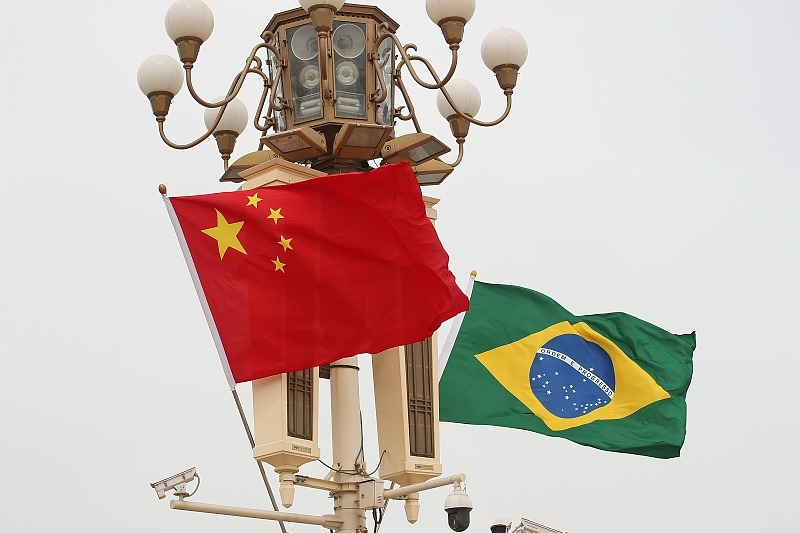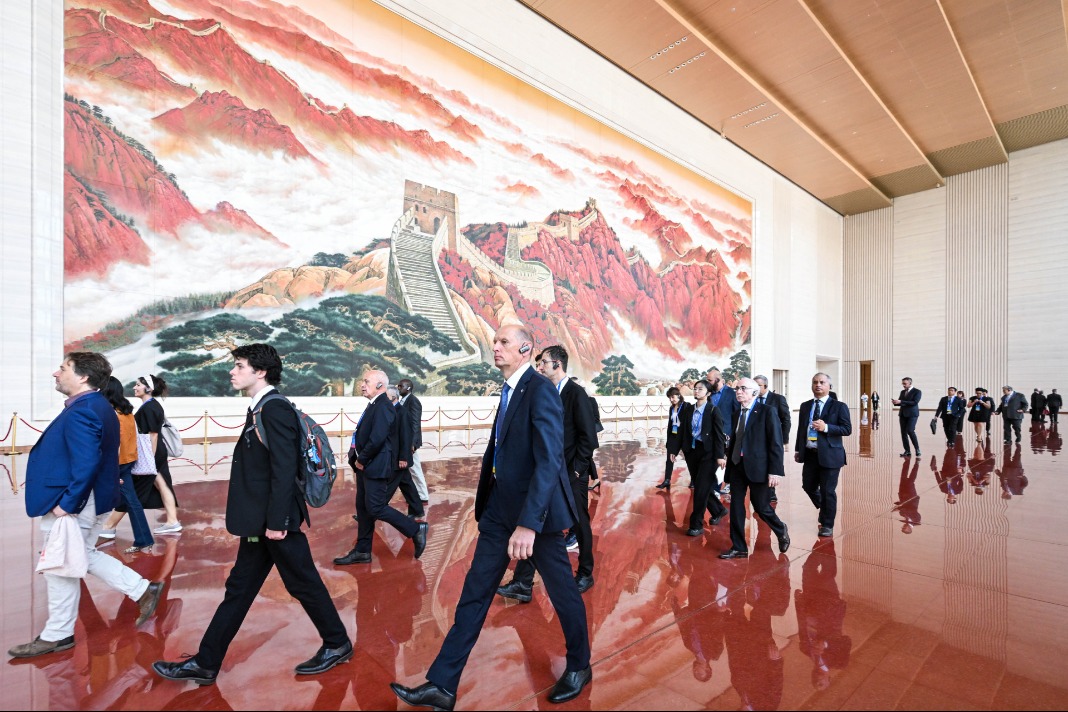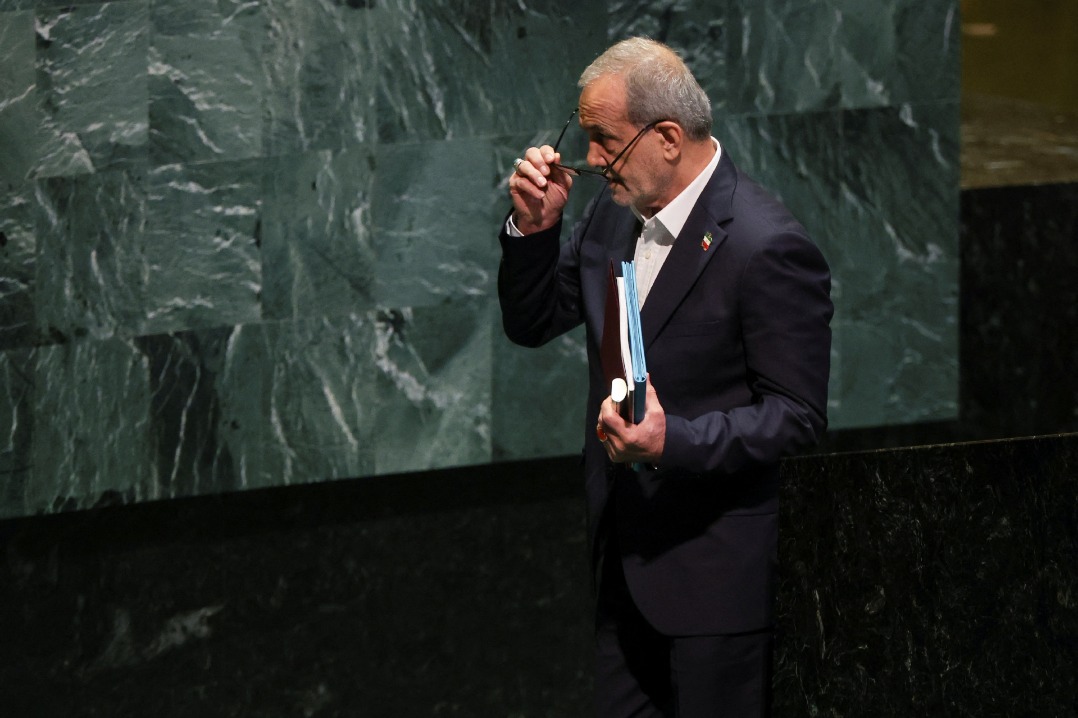China-Africa digital forum focuses on enterprises, infrastructure, talent


The China-Africa Internet Development and Cooperation Forum 2025 was held Sunday in Xiamen, Southeast China's Fujian province. It was themed "Building a Community with a Shared Future in Cyberspace and Composing a New Chapter in China-Africa Digital Cooperation."
Zhuang Rongwen, head of the Cyberspace Administration of China, noted that China-Africa ties have yielded solid gains in digital technology innovation, economic development, and governance. This has made the digital sector a new pillar of cooperation.
On the 25th anniversary of Digital Fujian, Zhou Zuyi, secretary of the CPC Fujian Provincial Committee, pledged to deepen digital cooperation with Africa. He outlined initiatives in e-governance, smart society development, telemedicine, and online education, aiming to deliver tangible benefits to African communities.
At the opening ceremony, Wang Jingtao, deputy director of the Cyberspace Administration of China, announced that China proposed an action plan for jointly building a China-Africa community with a shared future in cyberspace (2025-2026), set up a cooperation network of Chinese internet enterprises in Africa, and will organize training courses on cyberspace security and digital economy.

The proposals were met with praise from African representatives, who stated that the forum aligns with their countries' needs for digital transformation.
Cyberspace is a shared human domain, but the digital divide is very real, said Gabby Bugaga, Burundi's Minister of Communications and Media. He pointed to rural Burundi as an example, where communities are still barely connected.
Honorato Evita Oma, Equatorial Guinea's Minister of Transport, Telecommunications and AI Systems, said the country wants to be an active player in the Fourth Industrial Revolution. He invited Chinese firms to invest in, build, and operate the nation's internet infrastructure.
Raafat Hendy, Egypt's vice-minister of Communications and Information Technology, highlighted that the submarine cables landing on its shores link continents, positioning the country as a global data crossroads.
The forum aligns closely with The Gambia's medium and long-term development goals, said Hassan Muhamad Jallow, the country's permanent secretary of Communications and Digital Economy. He also stressed that China-Africa internet cooperation should expand beyond infrastructure to include talent training.
According to Wu Xinhong, Chinese tech company Meitu's founder, chairman, and CEO, the company has seen a strong digital demand from African users since the forum was first held in Xiamen last spring.
"Compared to April last year, Meitu's monthly active users in Africa have grown by 220 percent, with particular popularity in countries including Egypt, Kenya, Morocco, Uganda, Algeria, and Libya," Wu said.
This growth is driven by African creators who are increasingly using Meitu's AI-powered imaging tools for art, visual effects, and video, showcasing the continent's unique charm to global audiences.

The forum, a catalyst for Sino-African digital collaboration, has held two meetings so far: a virtual 2021 debut and the 2024 in-person gathering in Xiamen.
Notable outcomes include 2021's Initiative on China-Africa Jointly Building a Community with a Shared Future in Cyberspace and China's proposals for the China-Africa Partnership Plan on Digital Innovation. The 2024 forum further boosted cooperation with new deliverables, such as the China-Africa Exchange and Cooperation Base on Cybersecurity and Digital Economy in Xiamen.
































